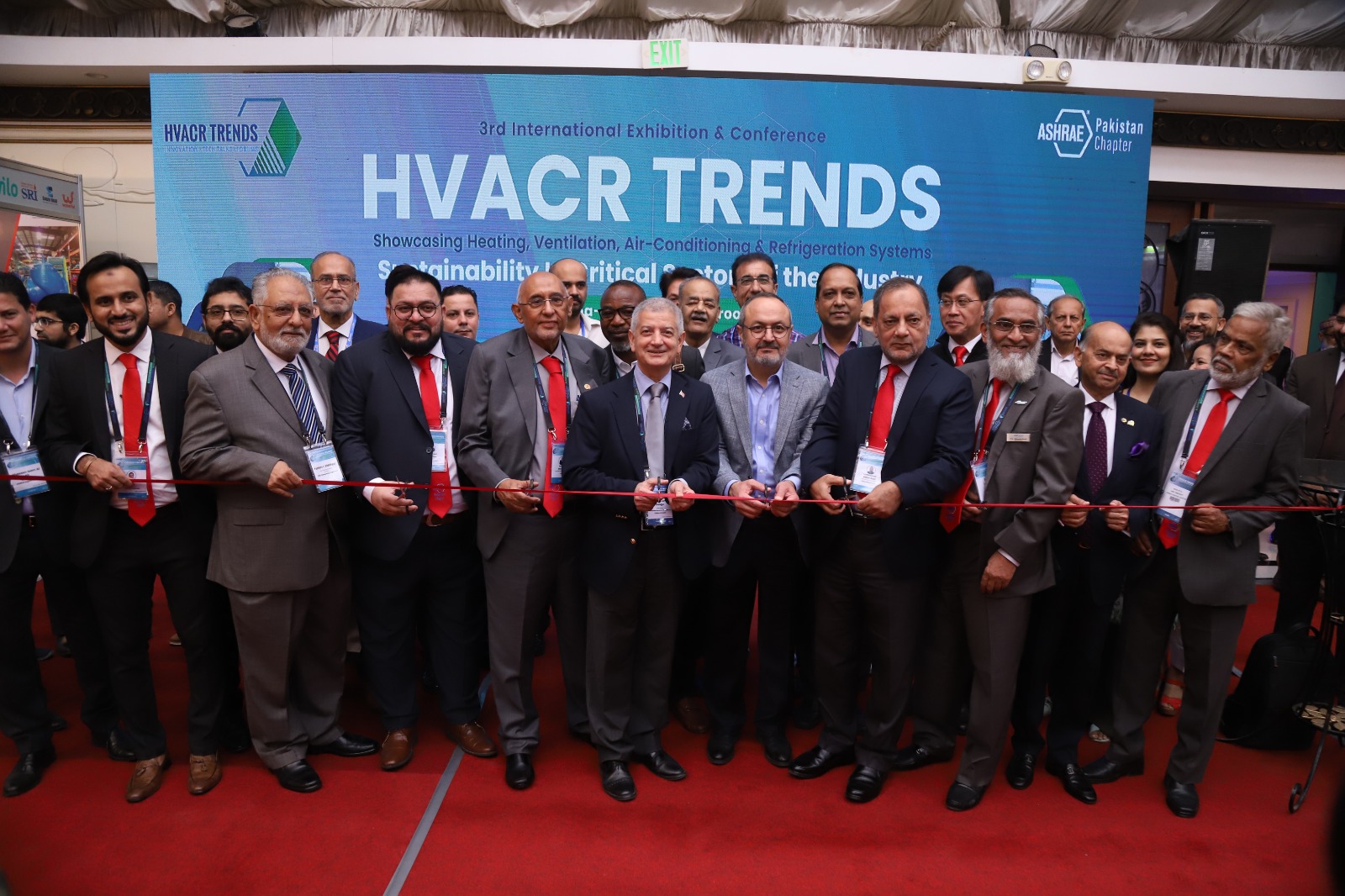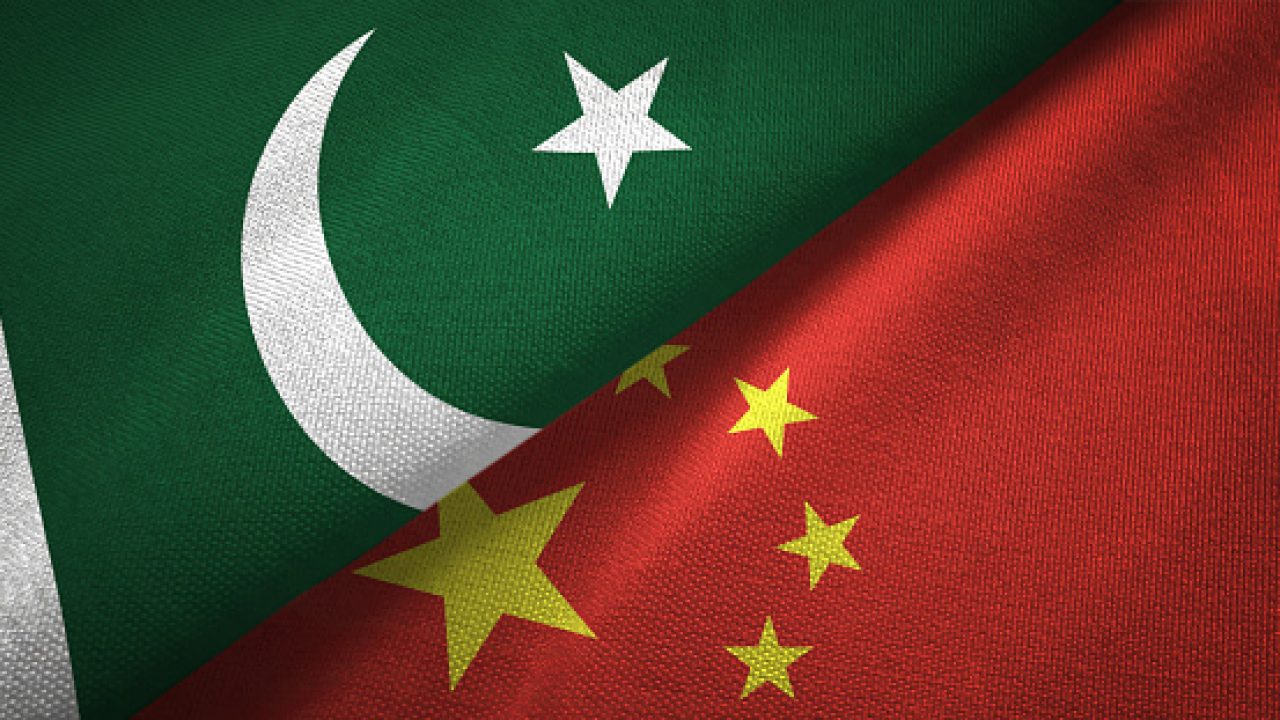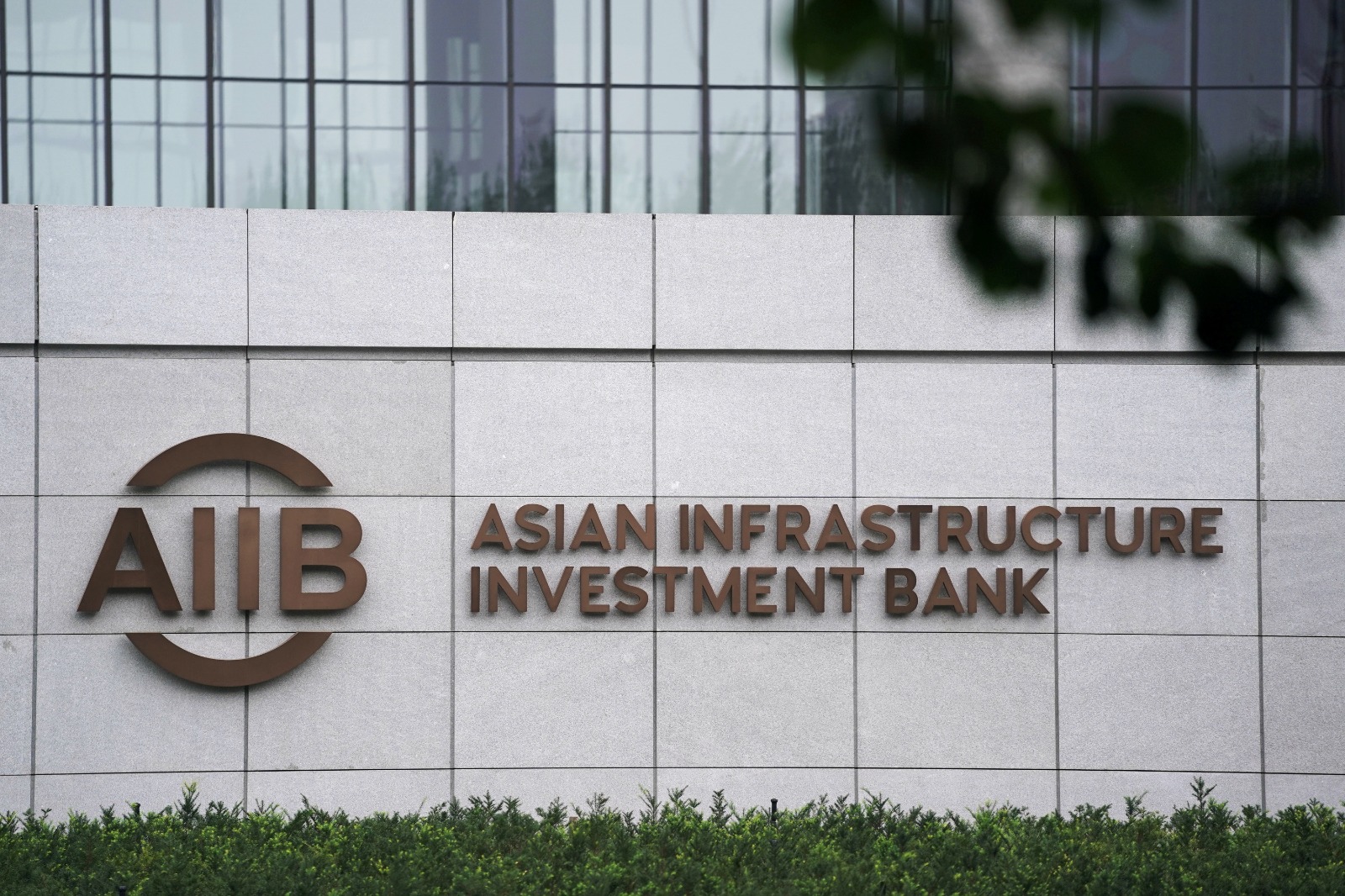3rd HVACR Trends Exhibition & Conference A Resounding Success in Addressing Sustainability in Pharma, Hospitals, Cleanrooms
The 3rd HVACR Trends Exhibition & Conference took place in December (9th and 10th) 2023, at the prestigious Karachi Marriott […]




